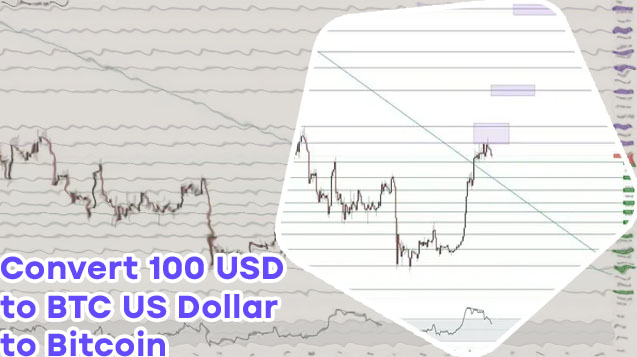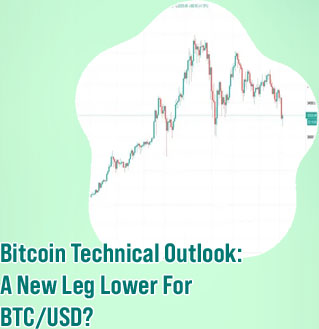
Btc dolar
When it comes to the topic of "Btc dolar," there are a variety of articles that can help provide insights and solutions. Whether you are looking to understand the relationship between Bitcoin and the US dollar or seeking strategies to navigate the crypto market, these articles offer valuable information on the subject.
The Impact of US Dollar Inflation on Bitcoin Prices

The relationship between US dollar inflation and Bitcoin prices is a topic of great interest and debate in the financial world. As the value of the US dollar fluctuates due to inflation, investors often turn to alternative assets such as Bitcoin to protect their wealth. This has led to a correlation between US dollar inflation and Bitcoin prices, with many investors viewing Bitcoin as a hedge against inflation.
When the US dollar is subject to high levels of inflation, the purchasing power of the currency decreases, leading to a rise in prices for goods and services. In this environment, investors may look to Bitcoin as a store of value that is not subject to the same inflationary pressures. This increased demand for Bitcoin can drive up its price, making it a popular investment choice during times of economic uncertainty.
It is important to note that while there is a correlation between US dollar inflation and Bitcoin prices, this relationship is not always straightforward. Other factors, such as market sentiment, regulatory developments, and technological advancements, can also impact the price of Bitcoin. Therefore, investors should consider a range of factors when making investment decisions in the cryptocurrency market.
In order to better understand the impact of US dollar inflation on Bitcoin prices, it is recommended to analyze historical data to identify trends and patterns. Additionally, monitoring economic indicators and central bank
Strategies for Trading Bitcoin Against the US Dollar
Trading Bitcoin against the US Dollar can be a lucrative endeavor for traders looking to capitalize on the volatility of the cryptocurrency market. However, it is important to have a solid strategy in place to maximize profits and minimize risks. Here are some key strategies to consider when trading Bitcoin against the US Dollar:
-
Technical Analysis: Utilizing technical analysis tools such as moving averages, trend lines, and chart patterns can help traders identify potential entry and exit points for their trades. By analyzing historical price data, traders can make informed decisions about when to buy or sell Bitcoin.
-
Risk Management: Managing risk is crucial when trading Bitcoin against the US Dollar. Traders should always use stop-loss orders to limit potential losses and protect their capital. Additionally, it is important to only risk a small percentage of your trading account on each trade to avoid significant losses.
-
Market Sentiment: Monitoring market sentiment can provide valuable insights into the direction of Bitcoin prices. By staying informed about news and events that could impact the cryptocurrency market, traders can make more informed decisions about their trades.
-
Diversification: Diversifying your trading portfolio can help spread out risk and potentially increase profits. Instead of solely trading Bitcoin against the US Dollar, consider adding other cryptocurrencies or traditional assets to your trading strategy.
Analyzing the Correlation Between Bitcoin and the US Dollar Exchange Rate
In the world of cryptocurrency, the relationship between Bitcoin and the US dollar exchange rate is a topic of much interest and speculation. Bitcoin, the first decentralized digital currency, has gained significant popularity and value since its inception in 2009. As a result, many investors and traders closely monitor the correlation between Bitcoin and the US dollar exchange rate to gauge market trends and make informed decisions.
One key factor that influences the correlation between Bitcoin and the US dollar exchange rate is market sentiment. When there is positive news or sentiment surrounding Bitcoin, such as regulatory approvals or mainstream adoption, the value of Bitcoin tends to rise relative to the US dollar. Conversely, negative news or sentiment can lead to a decrease in the value of Bitcoin compared to the US dollar.
Another important factor to consider is macroeconomic trends and geopolitical events. Economic factors such as inflation, interest rates, and political instability can impact the value of both Bitcoin and the US dollar. For example, during times of economic uncertainty, investors may flock to Bitcoin as a safe-haven asset, causing its value to increase relative to the US dollar.
Technical analysis is also a crucial tool for understanding the correlation between Bitcoin and the US dollar exchange rate. By analyzing price charts, volume data, and other indicators, traders can identify trends and patterns that